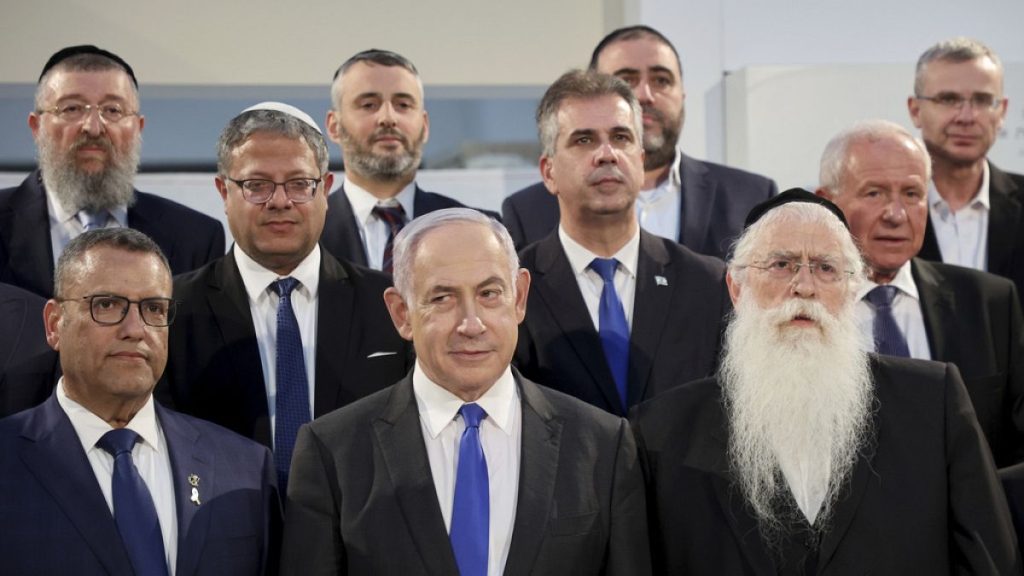The political landscape of Israel has been significantly altered by the resignation of National Security Minister Itamar Ben-Gvir and two other ministers representing the far-right Jewish Power party. This dramatic move, announced on Sunday, was a direct response to the ceasefire agreement reached with Hamas in Gaza, an agreement the party vehemently opposed. While the resignations do not immediately topple Prime Minister Benjamin Netanyahu’s coalition government or nullify the ceasefire, they introduce a new level of instability, potentially jeopardizing the government’s long-term viability and impacting the already delicate balance of power within Israeli politics.
The crux of the Jewish Power party’s dissatisfaction lies in their perception of the ceasefire as a capitulation to Hamas. Ben-Gvir and his colleagues view the agreement as a sign of weakness, arguing that it does not adequately address the security concerns of Israeli citizens or deter future attacks from Gaza. They believe a more forceful response was necessary to dismantle Hamas’s infrastructure and establish a longer-term deterrent. This stance reflects the party’s hardline ideology, which prioritizes a strong military response to perceived threats and advocates for a more assertive approach towards Palestinian territories.
The resignations expose deep fissures within the governing coalition, highlighting the inherent challenges of uniting diverse political factions under a single banner. Netanyahu’s coalition, already known for its right-wing leanings, now faces the added pressure of navigating the political vacuum left by the departure of the Jewish Power party. While the coalition technically retains a majority in the Knesset, the loss of these three ministers weakens its parliamentary standing and reduces its margin for maneuver on critical legislative initiatives. This vulnerability could embolden opposition parties and potentially lead to future challenges to the government’s authority.
The timing of the resignations coincided with a crucial moment in the ceasefire negotiations. Just prior to the announcement, Hamas disclosed the names of three hostages it intended to release, a gesture that paved the way for the ceasefire to proceed. Israel had previously stated its refusal to implement the ceasefire without the confirmation of the hostages’ identities. This sequence of events suggests a complex interplay between domestic political considerations and the delicate diplomatic efforts to secure a cessation of hostilities. The resignations may have been intended as a final act of protest against the ceasefire, a calculated move to exert maximum political pressure before the agreement took effect.
The departure of the Jewish Power party leaves a significant void within the Israeli political landscape. Ben-Gvir, a controversial figure known for his inflammatory rhetoric and hardline stances, has a devoted following among Israel’s far-right constituency. His resignation, along with those of his colleagues, could potentially galvanize this segment of the population, leading to increased political polarization and further complicating the prospects for a lasting peace in the region. While the immediate impact on the ceasefire is minimal, the long-term consequences of their departure are yet to be fully realized.
The resignations raise a number of critical questions about the future of Israeli politics. Will Netanyahu be able to maintain control of his coalition and effectively govern without the support of the Jewish Power party? Will the departure of these hardline ministers create an opening for more moderate voices within the government, or will it further embolden the right-wing elements? How will the resignations impact the already tenuous relationship between Israel and the Palestinian Authority? The answers to these questions will shape the trajectory of Israeli politics in the coming months and years, potentially influencing the prospects for peace and stability in the region. The situation remains fluid, and the consequences of these political developments are still unfolding.














